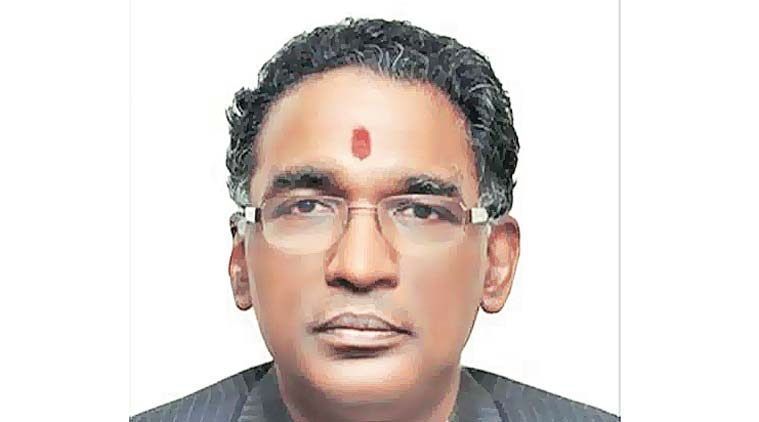Supreme Court judge asked the CJI T S Thakur to record minutes of meetings held to discuss appointment and transfer of judges. (Source: File Photo)
A letter by a senior Supreme Court judge, who is also a member of the collegium, has left Chief Justice of India T S Thakur perplexed. Justice J Chelameswar has sought that the Supreme Court collegium — that comprises the five most senior judges — record minutes of the confidential meetings held to discuss appointments and transfers of judges.
Justice Chelameswar, incidentally, was the lone judge who had favoured doing away with the collegium system when a five-judge Constitution Bench, in October 2015, struck down an amendment to validate the National Judicial Appointments Commission (NJAC) Act.
Justice Chelameswar, as first reported by The New Indian Express, has written to the CJI, apprising the latter of his decision not to attend future meetings of the collegium. He has not, however, recused from the collegium. Justice Chelameswar has clarified that the recommendations being made by the other four judges, including the CJI, should come to him “by circulation”. This effectively means that the other four judges should put their recommendations in writing and then send it to Justice Chelameswar for his views.
If the CJI and the other three judges accept it, this would result in formally recording the minutes of the collegium. The judge’s communication, it is learnt, has questioned ambiguities and lack of transparency in the decision-making process of appointment and transfer of judges.
Justice Chelameswar’s letter resulted in the collegium meeting, scheduled for Wednesday to discuss the revised Memorandum of Procedure (MoP), being called off. It is learnt that the other judges of the collegium are set to deliberate on the future course of action.
Last year, when a Constitution Bench gave a 4-1 verdict striking down the NJAC, differed with the other judges, underlining that the judiciary’s power over appointments was “not the only means for the establishment of an independent and efficient judiciary”. He had called the proceedings of the collegium “absolutely opaque and inaccessible both to public and history, barring occasional leaks”. Justice Chelameswar will retire in June 2018.
His disagreement with the over 20-year-old procedure of picking up judges has come at a time when the government is at loggerheads with the CJI and the collegium over finalising the MoP. Notably, one of the chief issues of discord between the two pertains to the government’s demand that the collegium must record minutes of its meetings and underline dissent by any judge while making recommendations. This clause has been rejected by the collegium.
Sources close to Justice Chelameswar said the judge has decided, for now, not to make public the contents of the three-page letter written to the CJI. “In the interest of the institution and to maintain institutional correctitude, the judge is not going to make the content public at this stage. However, if the situation so demands, he may consider doing so in future,” sources said.
(SOURCE-INDIAN EXPRESS)

No comments:
Post a Comment